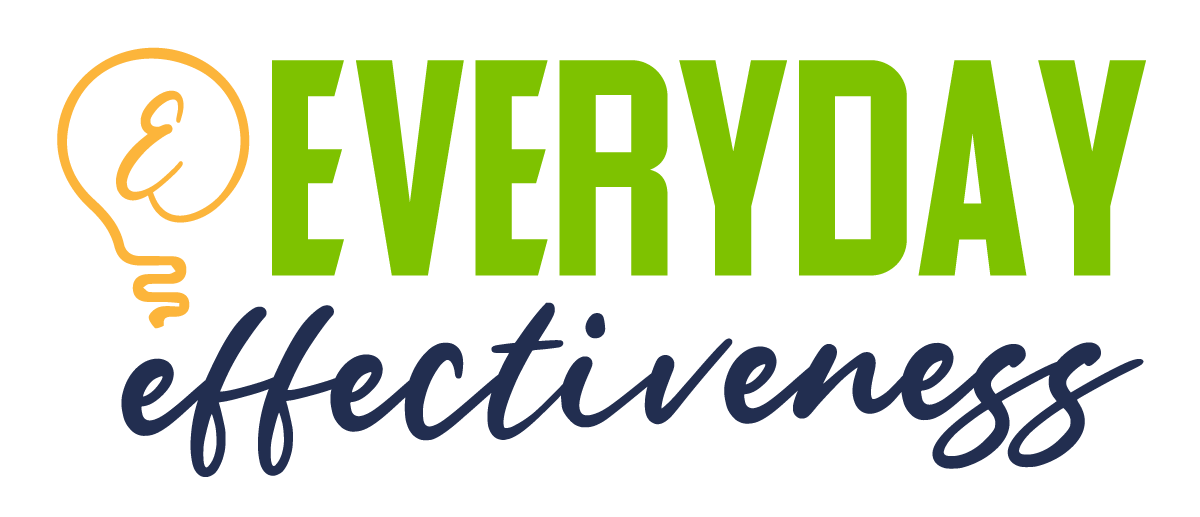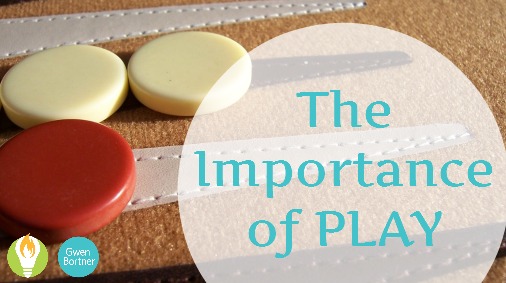The phrase, “All work and no play makes Jack a dull boy” is true on many levels, probably more so in today’s over-worked, hyper-connected society. I think it is even more true for entrepreneurs.
When someone chooses to go into business for themselves, most often the focus of their business is something they find particularly interesting or exciting, and usually they are driven by their passion. These are all good traits for starting a business since entrepreneurship typically requires dedication and long hours. Unfortunately, these same characteristics often make it difficult for that same person to leave work – particularly to go play.
But working too much can ultimately be less productive than it would seem at first blush. Last month I asked the question, do you work too much? In Jeff Goins’s book, The Art of Work, he talks about the four areas that make up the portfolio of your life:
- Work – what you do to earn a living
- Home – family, friends, chores, and such
- Play – the things you do just for fun
- Purpose – your higher calling (this is the main topic of the book)
Work and home tend to get most of our focus in terms of both time and effort. Although purpose often also gets overlooked, play is seriously underrated.
Defining Play
It may not seem necessary to define play, but as we leave childhood, I think our understanding of play quickly gets lost. Play is both simple and complex at the same time. It is simple in that it is anything that we do strictly for fun and enjoyment with little to no outside pressure to perform. It is complex in that play is how we learn new things, think creatively, and generally stretch our limits.
Particularly as adults, play is the place we are generally more likely to take a risk, because a “play” outcome is usually less important than a work, home, or purpose outcome. The result is that the risk seems less risky! Play is also where we are more likely to engage our creativity. We are often successful at work and in the home because of processes and systems that are established and well implemented. But trying something new or approaching a problem in a different manner often makes more sense when we play.
Importance of Play
If only for the reasons of increasing our tolerance for risk and thinking creatively, play is an important component of being a well-rounded person. But for most of us, play also engages other skills, muscles, and thought processes. In addition, play almost always has an element of fascinating challenge that might be otherwise missing from our lives.
By focusing exclusively on work and home it is easy to slowly, subtly, lose energy. Play is critical to maintaining a healthy energy level. Just as rest is required to allow our mind and body recharge, play stimulates our brain in ways the other areas of our lives do not.
Types of Play
Play can take multiple forms and is probably most beneficial when your personal form of play incorporates more than one type:
- Creative play: These include hand-crafts where one thing is transformed into something completely different or technical skills are needed in creating the final outcome.
- Active play: These typically are associated with what we think of as sports, although the activity can vary greatly and may occur either indoors or outside.
- Intellectual play: Games of all types (video, board, card, etc.) that require more brain engagement versus physical activity fall into this category along with puzzles and similar brain teasers.
Ultimately it is best if you regularly engage in at least one of each of the major types of play. For me, the challenge is to engage in creative play since my work (in the knitting world) is what others do for their creative play. However, even though I still enjoy the process of knitting, it doesn’t really count as play because it is one of the ways I earn income. The same is true for skiing since I also teaching skiing part-time. I don’t consider skiing my active play although I still enjoy it and it continues to be good exercise for me.
Incorporating Play Into Your Life
Hopefully by now I have convinced you that making play a part of your life is not only good for you but actually important. As such, it must be approached with intention; if not, it will mostly likely go overlooked until too much time has passed.
Schedule your free time with intention or it will go too long overlooked.
Some people are naturally drawn to creative pursuits often placed in the category of hobbies. If you are not, you are in luck as March is National Craft Month. Today I am beginning to work on my second T-shirt quilt. It is actually scheduled on my calendar, because if I don’t do that, months will slip by without any creative play.
For many of us, active play takes the form of exercise. Last week I got back into the pool since swimming is one of my preferred forms of physical activity. Although I have a personal coach and swim with a buddy, most of the time my brain is focused on breathing, form and counting (strokes, laps, etc.) so my unconscious gets more access to my brain than it normally does while I’m awake. Often I have an answer to a problem or a new idea as I begin my drive home from the pool.
I have always loved intellectual games and puzzles, but I realized with the writing of this post that I need to more formally participate in a game night. Although there is almost always some amount of video game play in any given week, non-screen games probably need more of my time as they engage me in a completely different fashion. I can see that I’m going to need to schedule a game night on my calendar as well.


